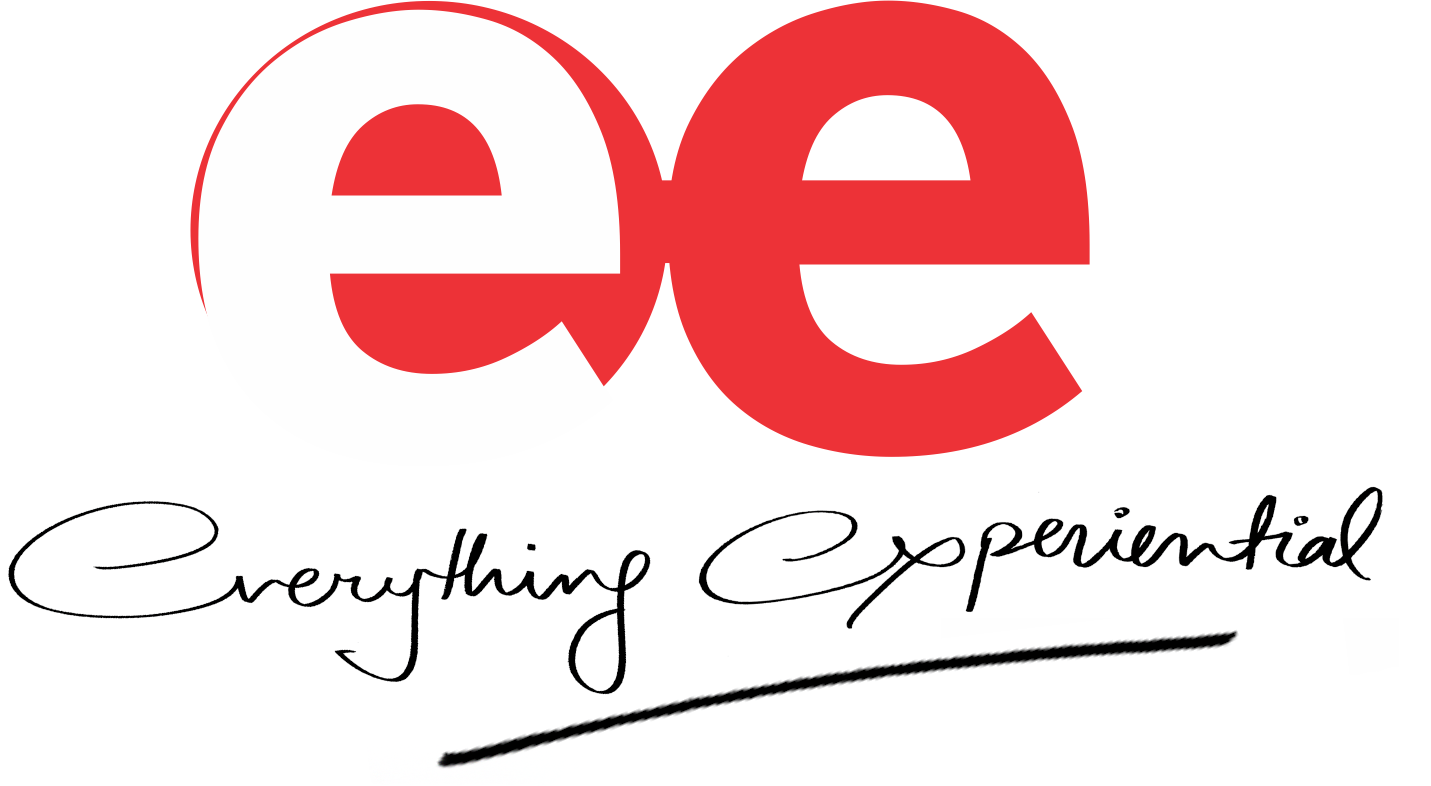Hybrid Event Platforms: The Trend Making Its Way To 2021
The future of events seems exciting as attendees, sponsorships, formats, and virtually everything else about tomorrow’s events will be dramatically different.

The pandemic has made the digital world our second home. Coupled with the crisis, the significant technology-led advancements have fundamentally altered the way meetings and events are conducted. From working-from-home for months together to attending virtual training, meetings, conferences and events, the pandemic has made us reliant on digital tools and technologies. Now, the question is: will virtual events be the norm for longer? Perhaps, they will continue to exist as they are easier to organise and more engaging as well. However, is it too early to predict if they will replace venue events, and if yes, to what extent?
Hybrid Events: The Exciting Future of Events
Hybrid events combine an in-person experience on an online, virtual platform, for example, online streaming and virtual engagement. They can be a fantastic mode to host an event as the number of people who can tune in via video or audio streaming is unlimited. While there are certainly a few challenges to hosting an event online instead of in-person events, its future seems bright as hybrid event platforms continue to grow in popularity and adoption. The popularity can be attributed to the ease of organising as there is no need to hunt and book a venue to accommodate all the guests, coordinate their lodging, travel options, or other arrangements like providing refreshments for attendees.
Vuram, a leading hyper-automation services company recently built ‘EventHall’, a one-of-a-kind platform to host its annual company event: Vuram Day. When the pandemic eliminated the possibility of celebrating in-person events, the company still wanted to foster interaction among families and showcase Vuram’s unique people-centric culture. Hence, Vuram decided to conduct the event virtually.
Why EventHall?
The absence of a platform that could bring out all the aspects of the previous Vuram Day celebrations—a carnival-like ambience, fun performances, and interactions with families—inspired Vuram to build one on its own. Hence, it decided to adopt an agile and user-centered design approach to build a highly-customisable platform. On the platform that was built in just a month, more than 500 people including Vuramites (as Vuram’s people are referred to) and their families participated. The agenda of the day-long event was filled with live and recorded sessions, games, workshops, interactive sessions, and live and on-demand performances.
The platform has cloud-based API-driven architecture integrated with meeting platforms that can be tailored to align with the event theme. Other features available on the platform include on-demand sessions or performances, video streaming services for live sessions, web-based games with leaderboards, email and SMS services to share event notifications and chat. Moreover, post the events, the platform provides data on the number of users logged in, the user demography and user activities in different sections.
Hybrid Events Are the Way Forward
Hybrid events, which are being seen as the future of events, consist of an element of in-person networking experiences along with digital content broadcast to a much wider audience. Hybrid event platforms are advantageous for both event organizers and those who want to attend events. They allow attendees to invest their time in the event rather than for travel; they can make it to the event despite the venue, thereby increasing the attendance. All they need is a reliable internet connection and a device to connect. Be it formal or non-formal events, they can be hosted at ease. Not tied to a particular geography, hybrid events bring exciting possibilities to the table by balancing the experience and engagement of real-world events with the ease and physical safety of the digital world. For the event organisers, they are not only time saving and cost-saving but also allow for instant feedback and event ROI as it is easier to analyse detailed information about the online audience post-event.
The future of events seems exciting as attendees, sponsorships, formats, and virtually everything else about tomorrow’s events will be dramatically different. It is clear one can attract a much wider audience than before and expand their reach through virtual events. Though it is great news as there seems a definite value in hybrid events, one must be well aware of how to create a memorable experience for those who attend a virtual event.
Disclaimer: The views expressed in the article above are those of the authors' and do not necessarily represent or reflect the views of this publishing house
About the author

Kishor Rajagopalan
Kishor Rajagopalan is the Director of Products at Vuram and heads the CSR operations of the organization. He comes with 16+ years of experience in user-centric product design and specializes in product/platform development and program management.
Visit the Author page >>Around The World
Advertisement


